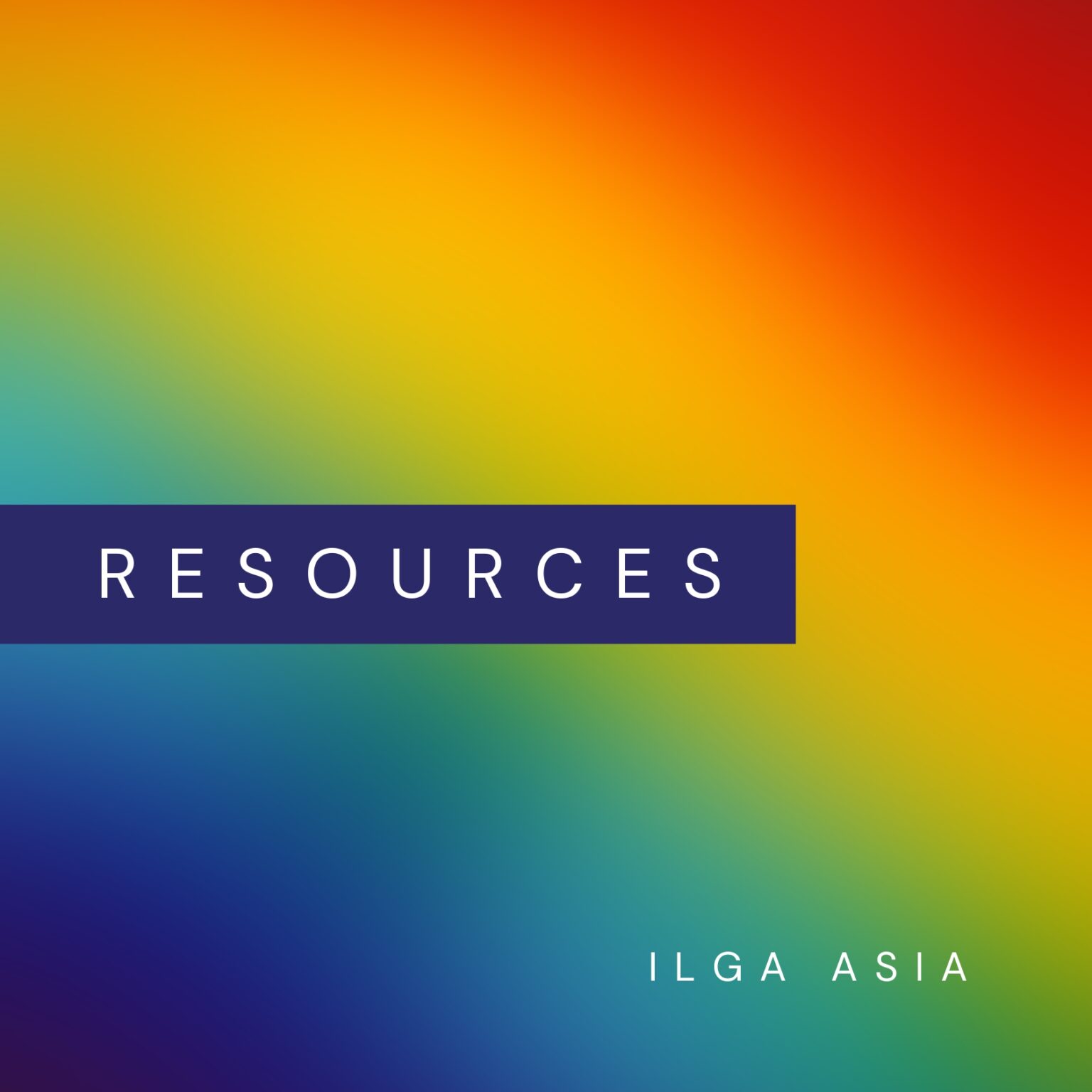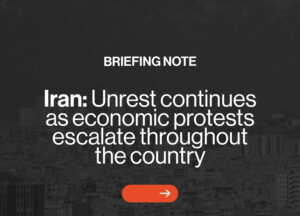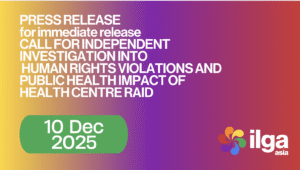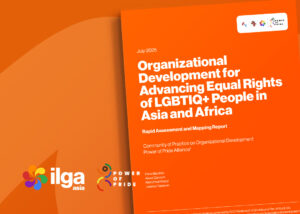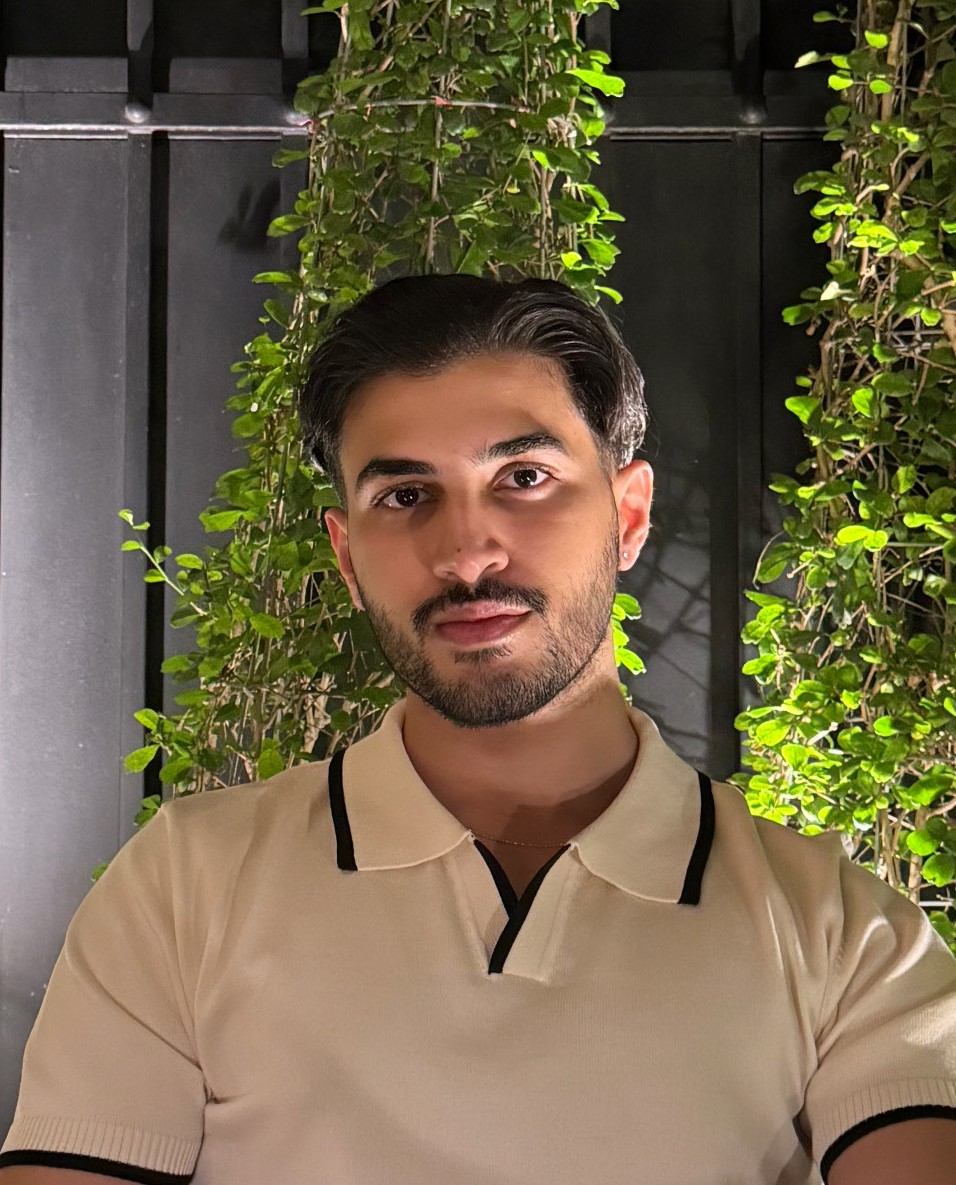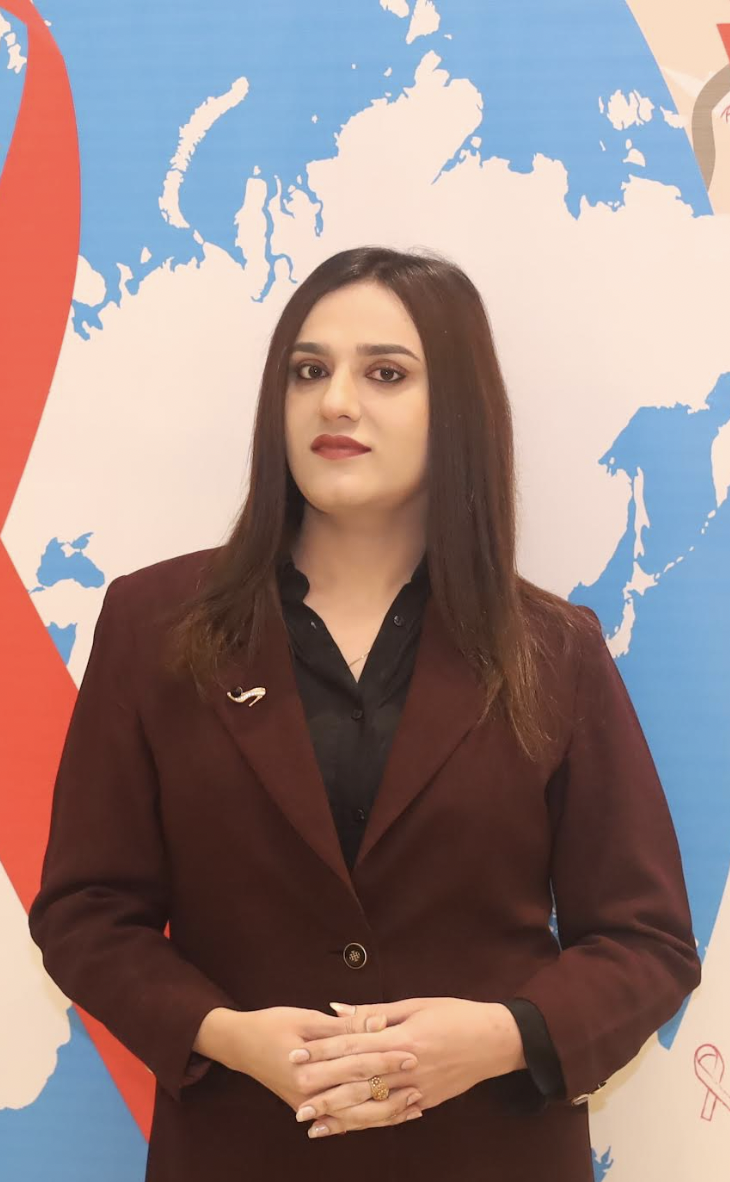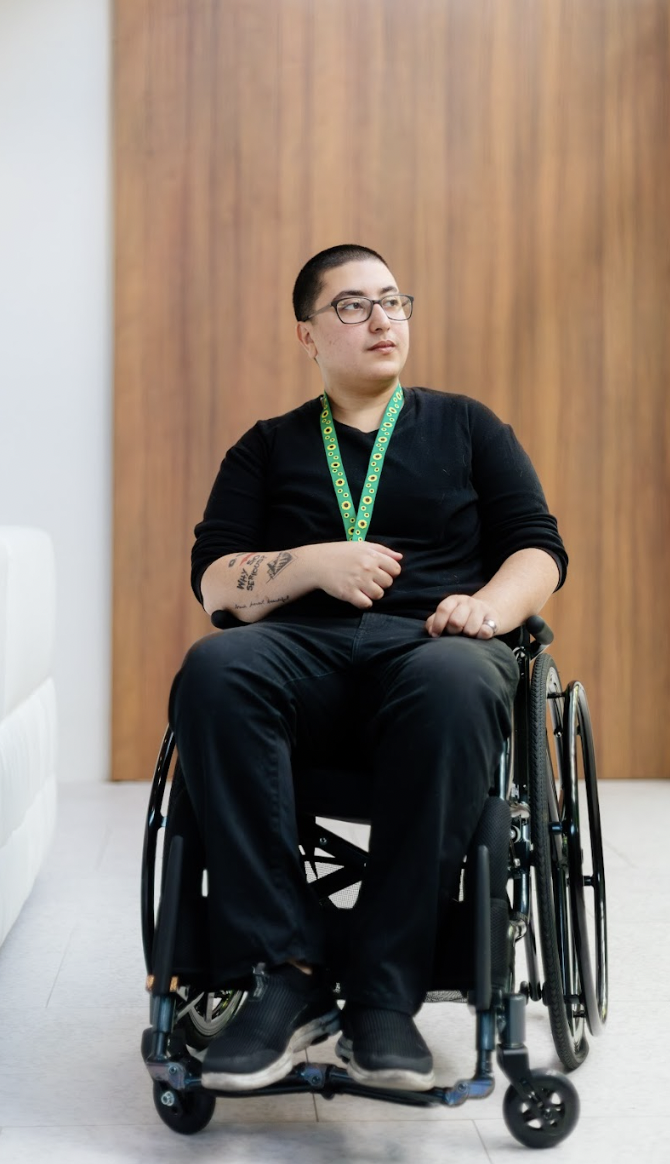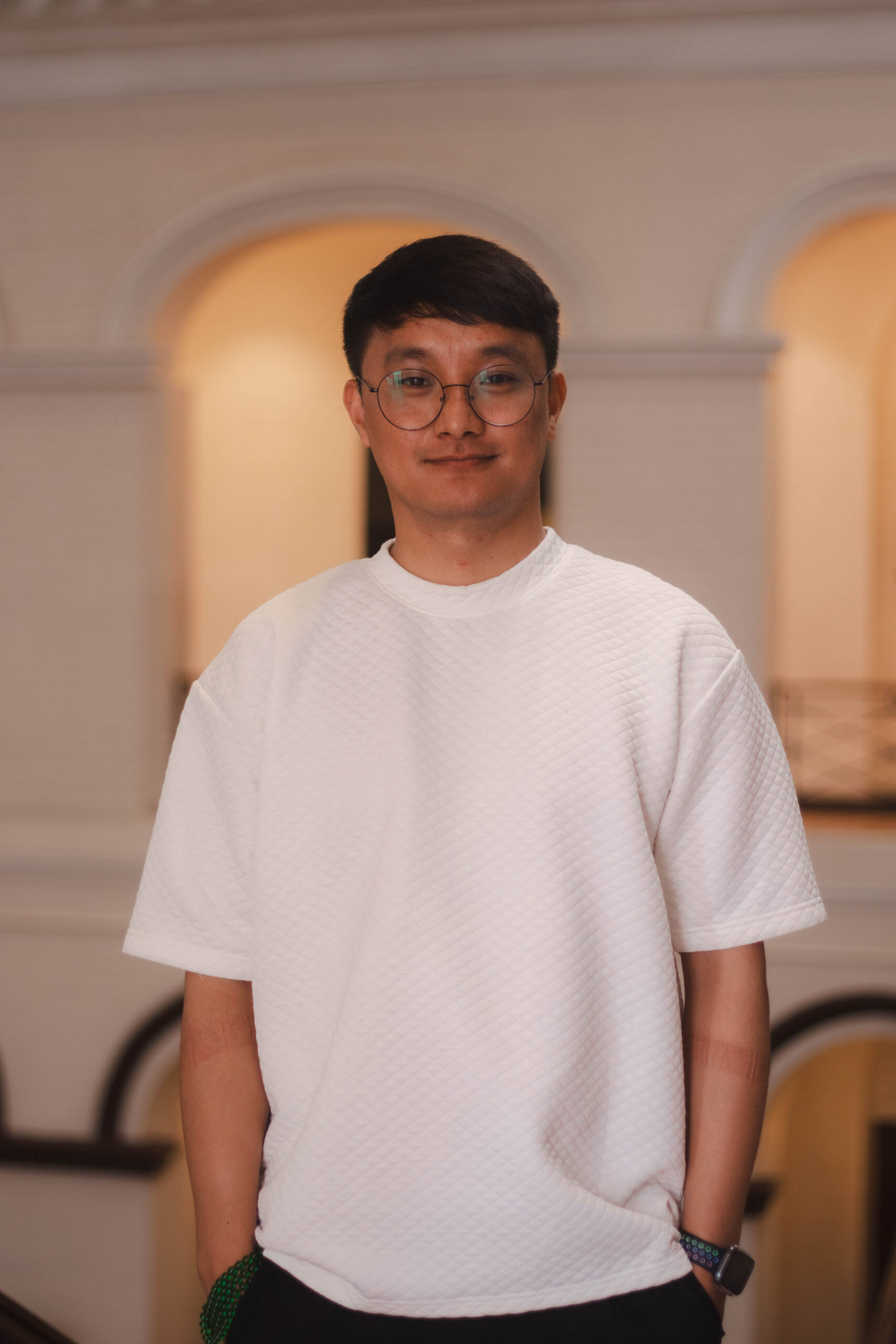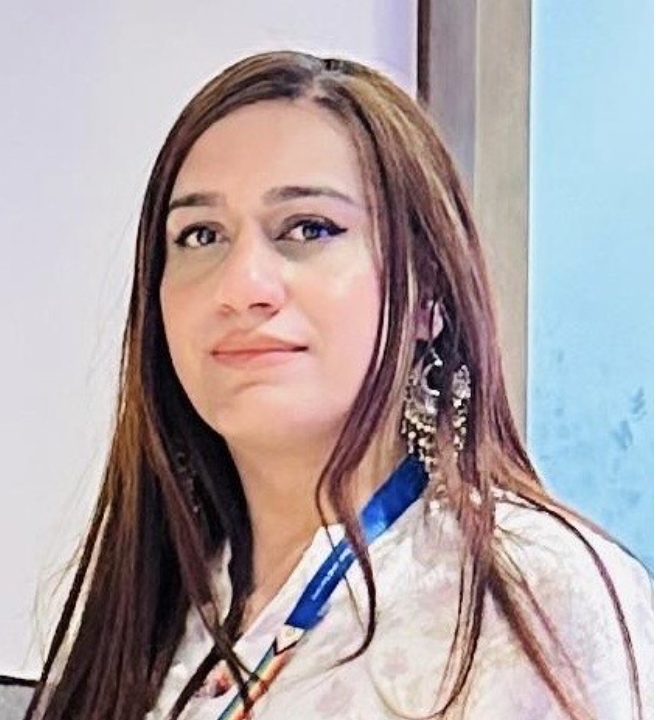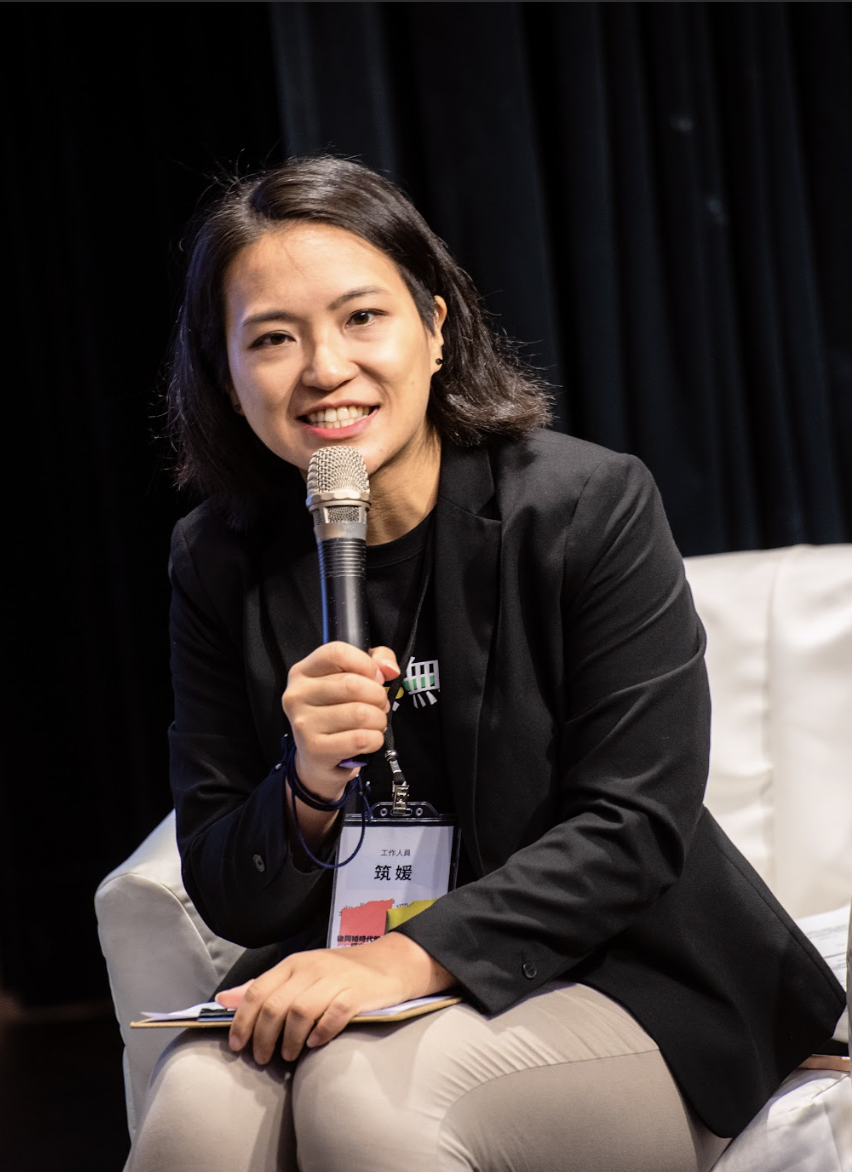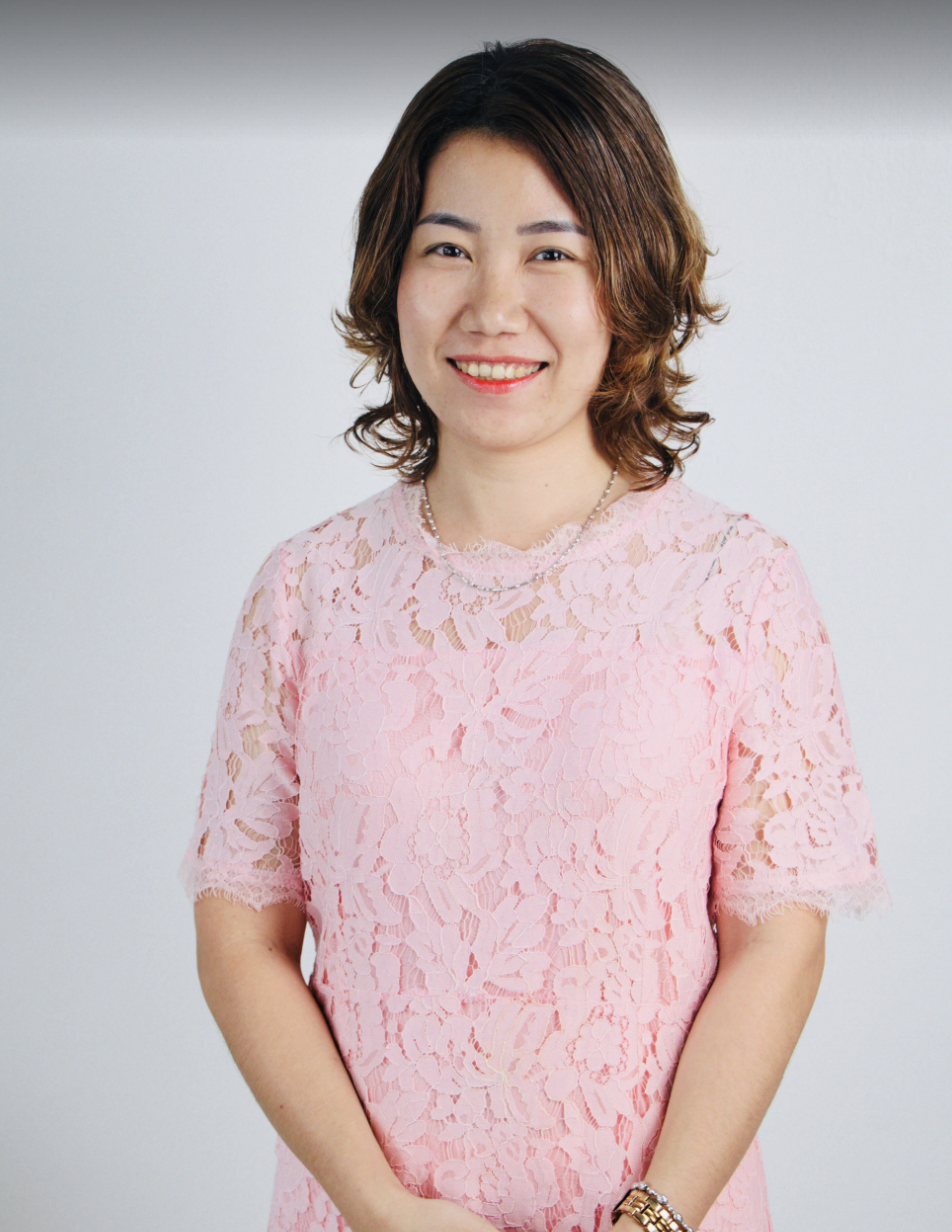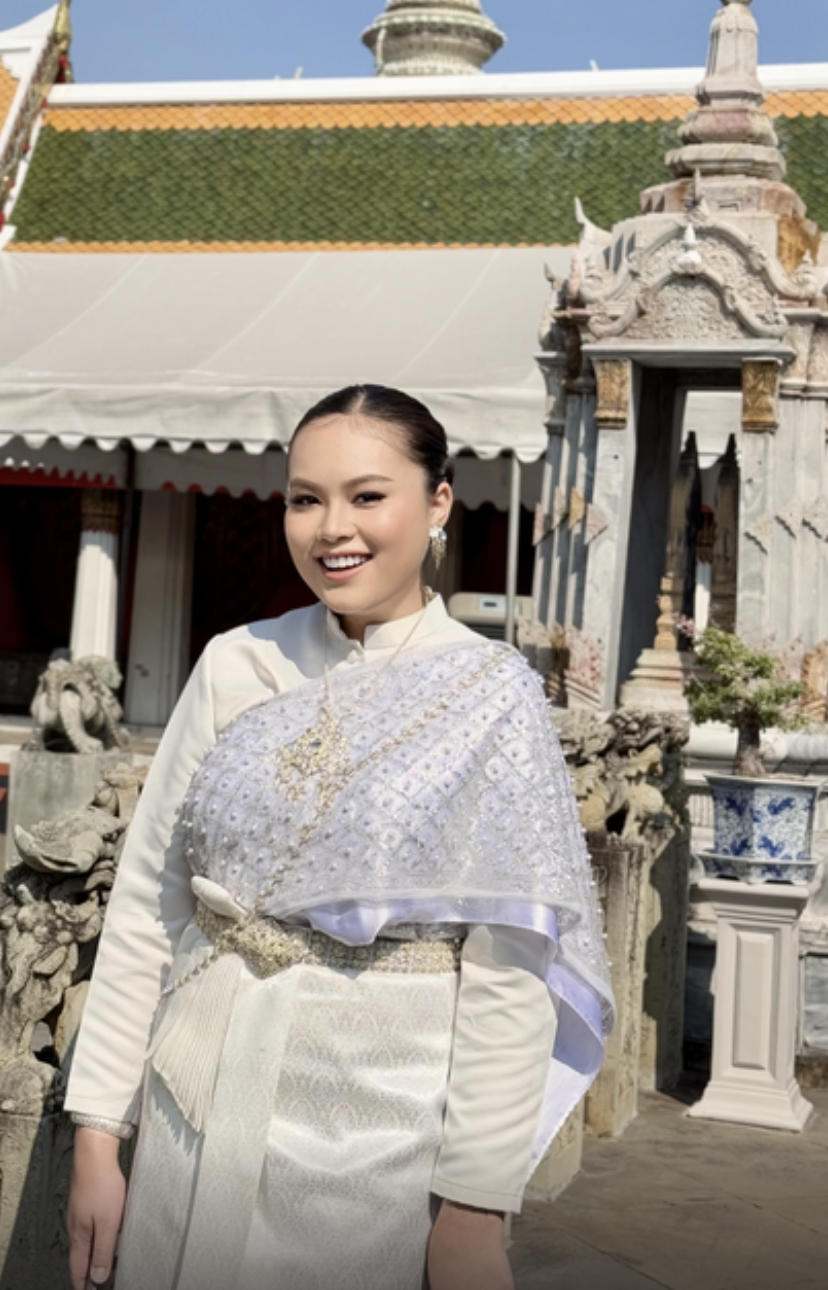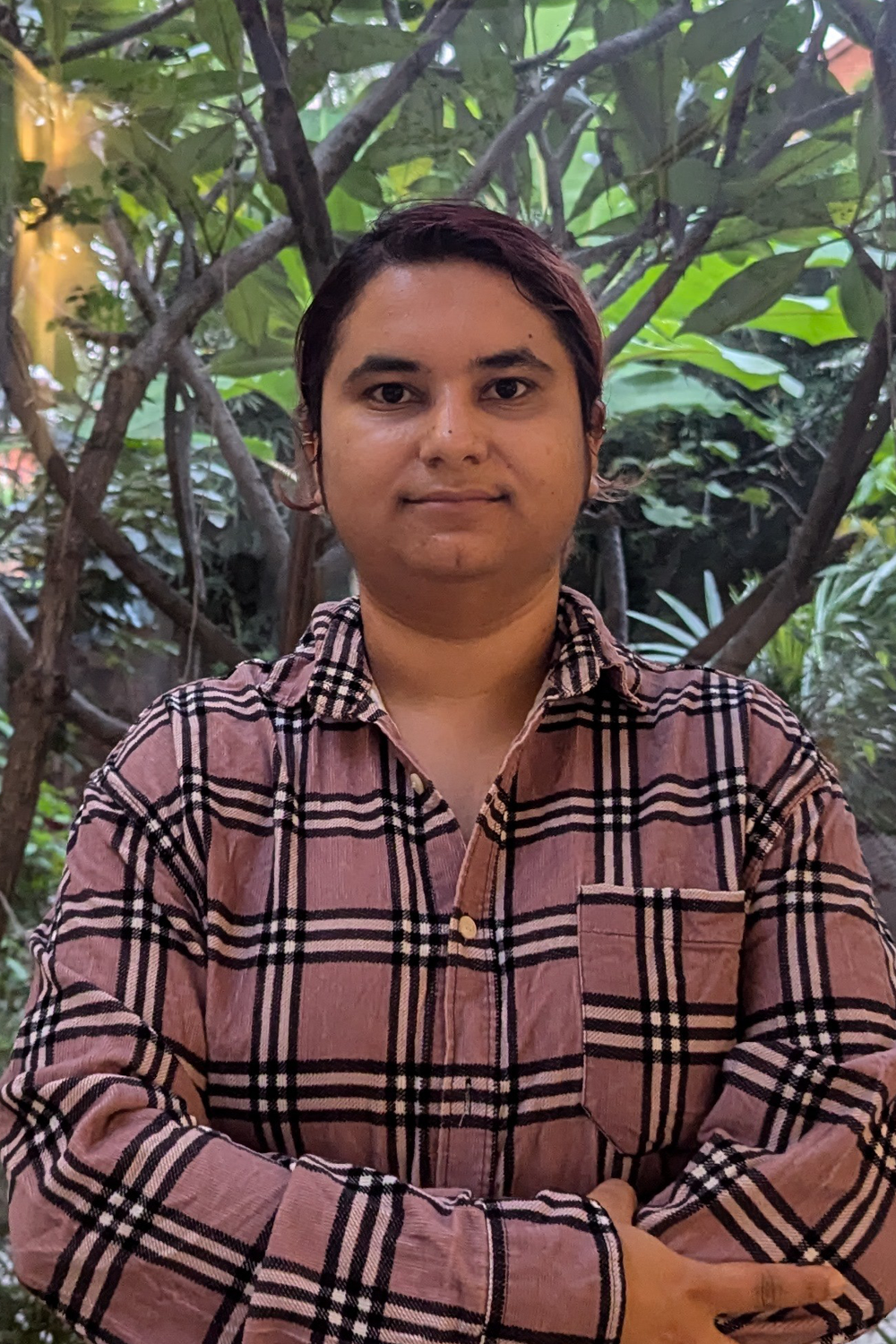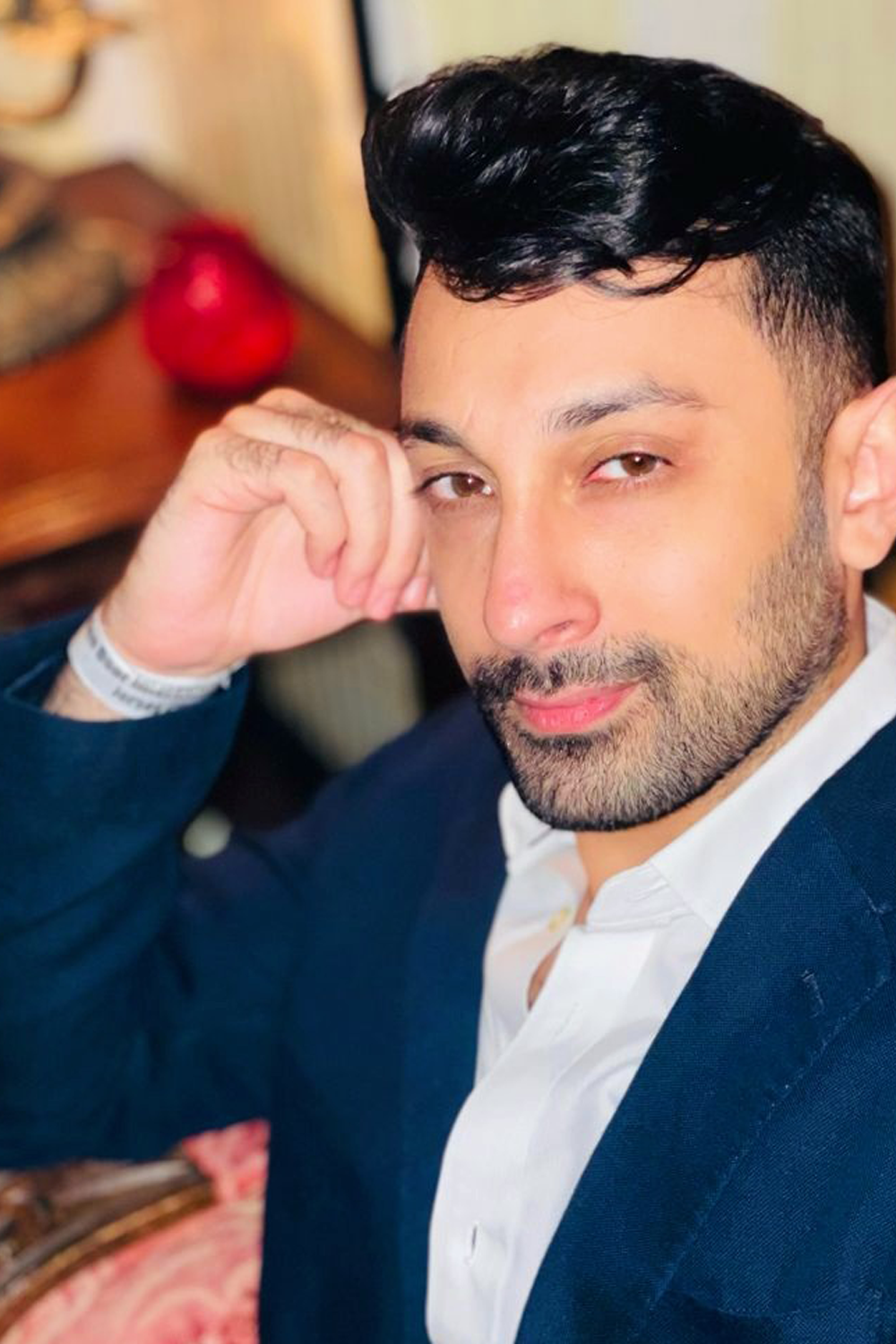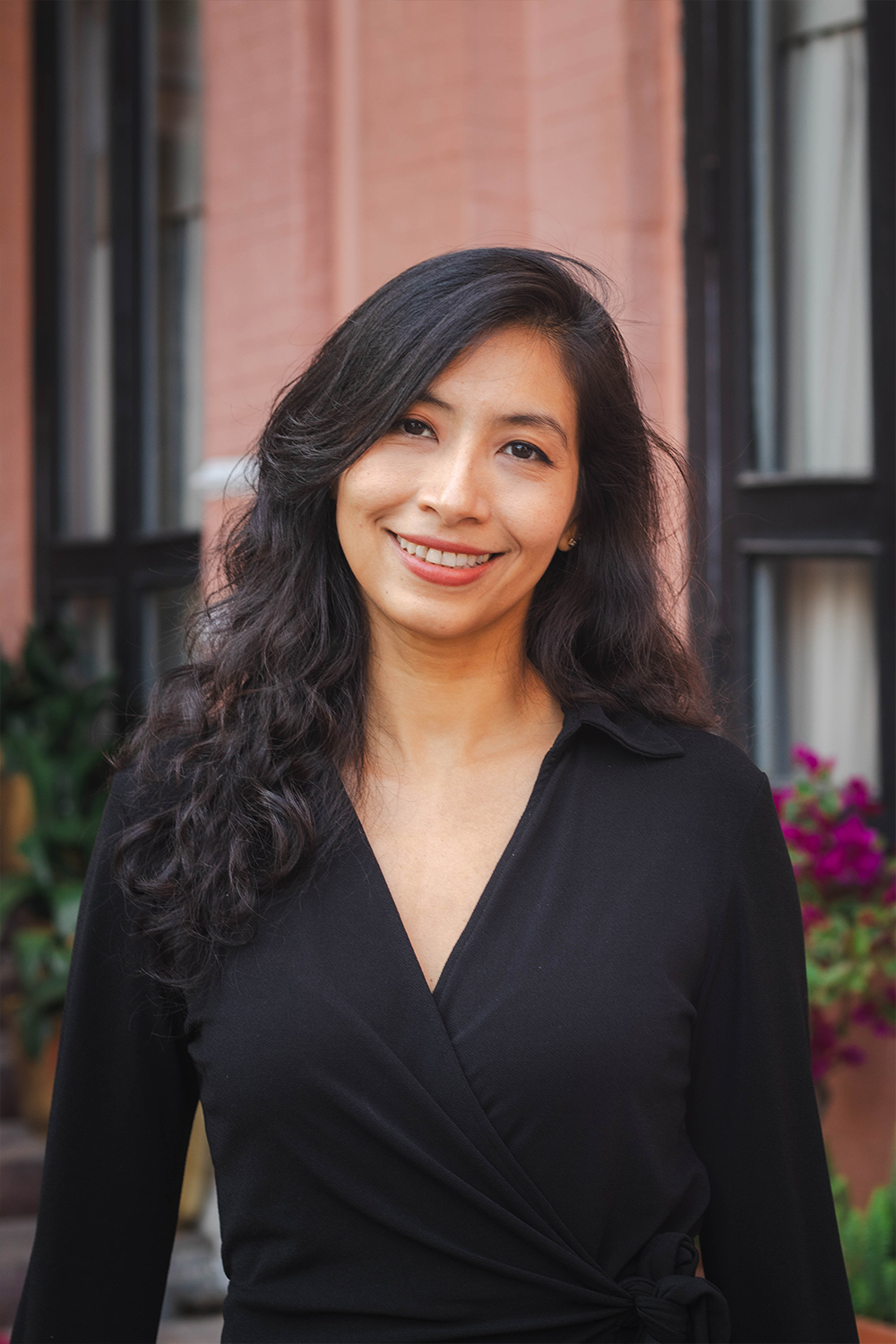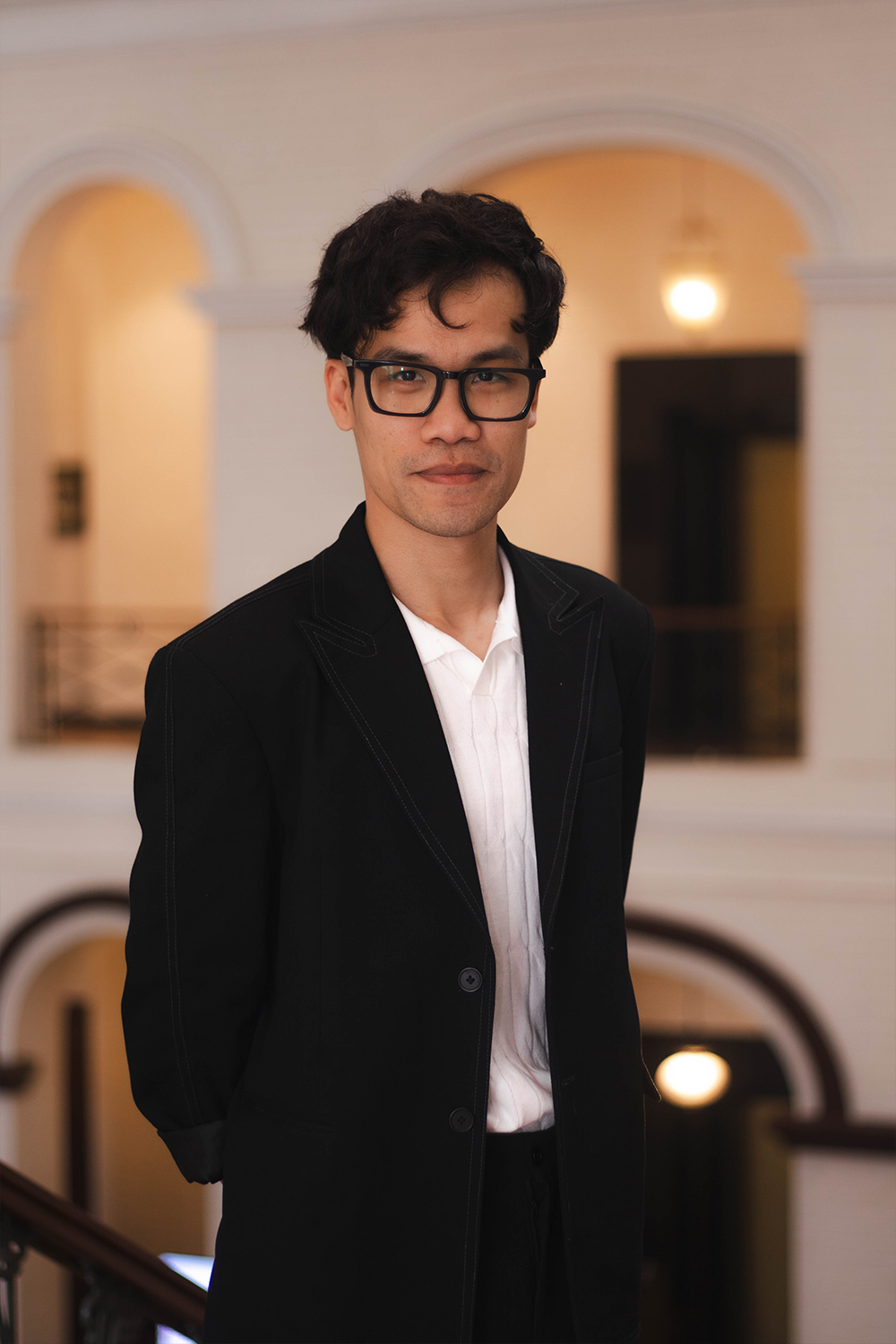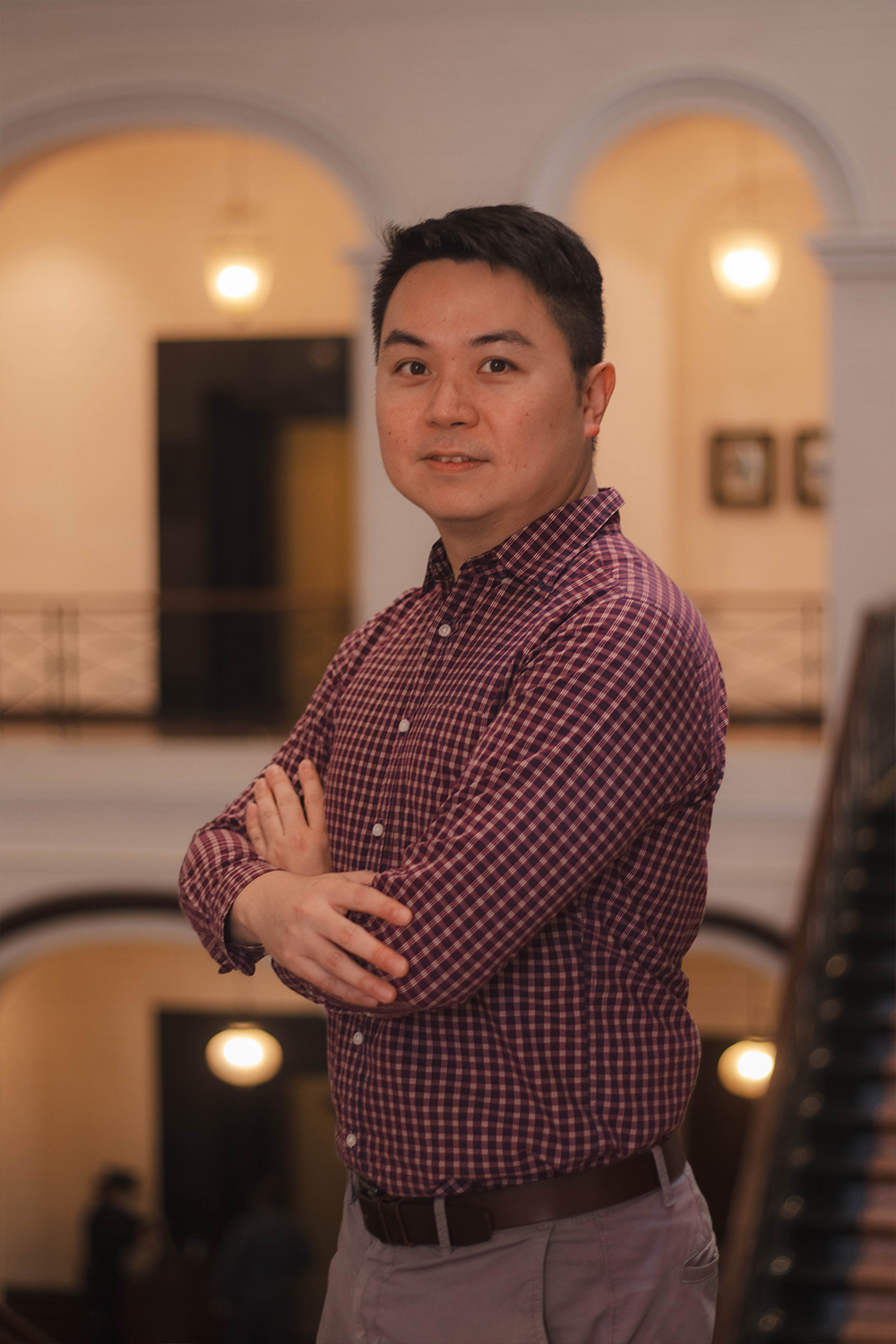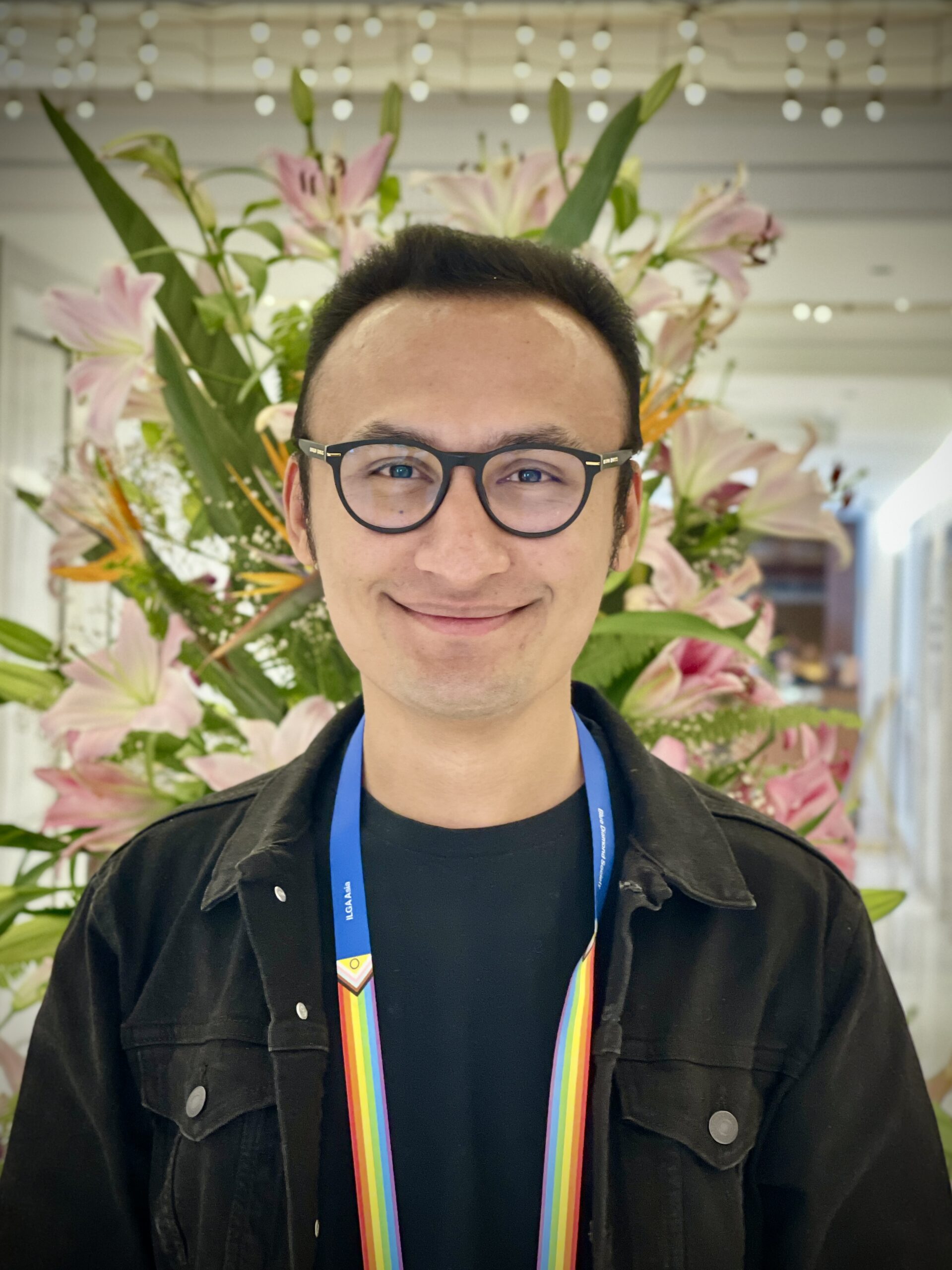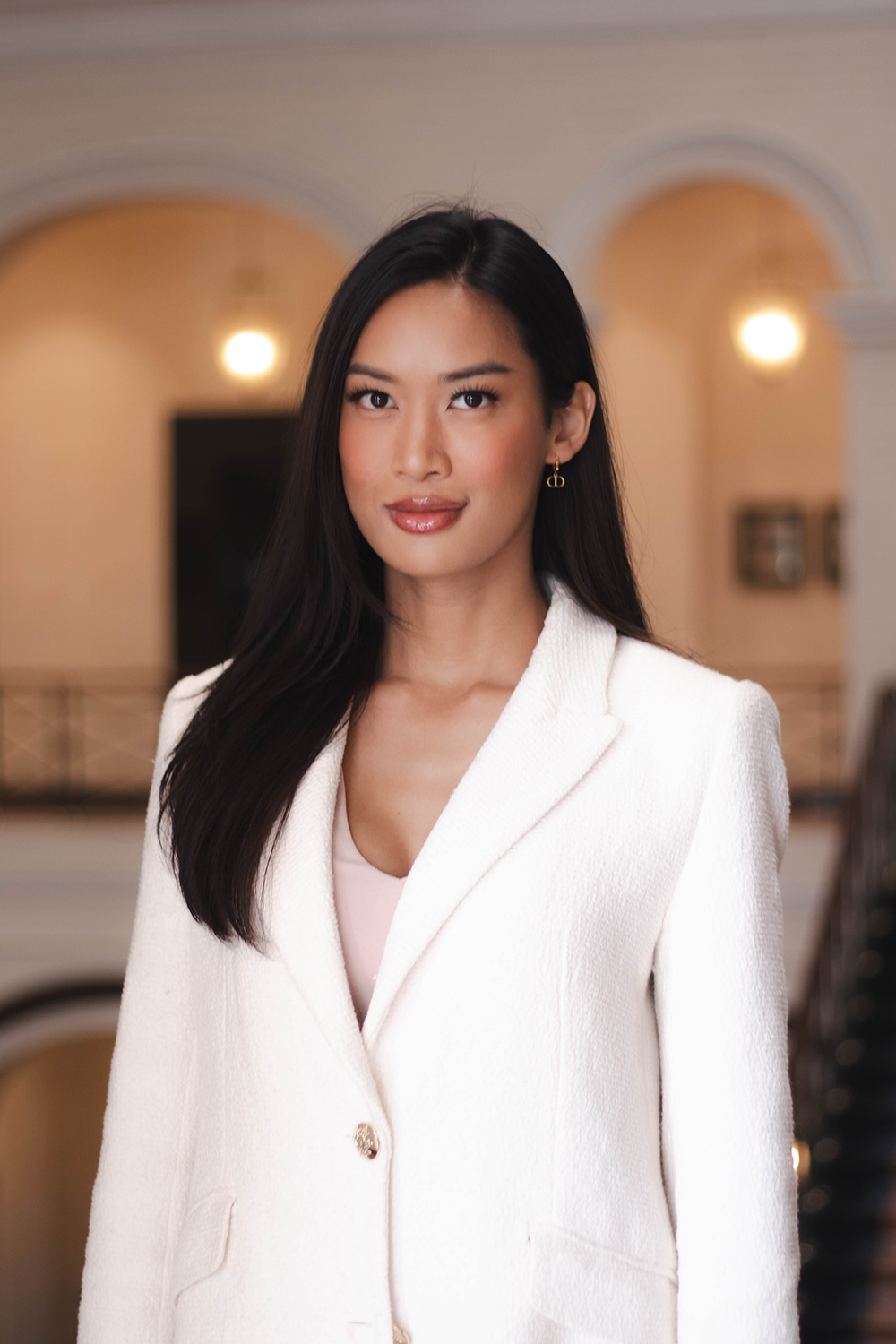Nine months after the landmark ruling in October 2023 where the Supreme Court struck down the sterilization requirement as unconstitutional, the Japanese judiciary at different levels have still been deliberating on the other requirements for legal gender marker change under the Act on Special Cases in Handling Gender for People with Gender Identity Disorder 2003 or the GID Special Cases Act. The Act has been criticized for putting stringent conditions for transgender people to legally change their gender marker and we urge the Japanese government to undertake comprehensive reforms to ensure the rights and dignity of people seeking legal gender recognition.
The GID Special Cases Act in Section 3 stipulates that the person can apply for legal gender change only if they have been diagnosed with Gender Identity Disorder, or gender dysphoria, and fulfill the following five conditions: being 18 years old or older, being unmarried, having no underage children, having no reproductive glands or having lost the functions of their reproductive glands permanently, and having physical appearance of the genitalia resembling those of the opposite sex/sex they wish to transition to. While the Supreme Court unanimously held that the sterilization requirement was unconstitutional as it violated the petitioner’s constitutional right to pursue happiness and live without discrimination, and posed significant physical pain and financial burden to transgender people, the Court refused to deliberate on the appearance requirement. The case was reverted back to lower courts. On 10 July 2024, Hiroshima High Court approved the change of gender for the petitioner ruling that the current requirements for the appearance of genitalia under the GID Special Cases Act “may be unconstitutional if surgery is required”. The Court took into account that the party had undergone hormone therapy and their body was in a state similar to that of a woman, making her the first person in Japan to change her legal gender marker without a gender reassignment surgery. While this decision paves way for other transgender people who are unable or unwilling to go through gender reassignment surgery, whether hormone therapy treatment or other similar interventions also restrict “an individual’s freedom to resist bodily invasion” and the burden on the individuals under the “appearance” requirement is still unclear.
On 16 July 2024, another case was filed in Kyoto Family Court by a transgender woman contending that the GID Special Cases Act requiring her to be unmarried is unconstitutional as it violates Article 13 of the Constitution which protects an individual’s right to pursue happiness. The plaintiff is in her 50s and has been diagnosed with gender dysphoria and would be able to legally change her gender if she divorces her wife but she said wishes to remain married. The case is still under deliberation.
“Due to these strict requirements, it is difficult for transgender people to change their gender marker legally and therefore many of them haven’t changed it and faced difficulties and discrimination,” Akira Nishiyama, Deputy Secretary General at Japan Alliance for LGBT Legislation (J-All) said. “We cannot accept any future amendments to the law that would impose further restrictions. Additionally, we strongly expect that the legislative body will eliminate sterilization provision as well as surgery provision immediately, based on the Supreme court’s ruling.”
The Act on Special Cases in Handling Gender for People with Gender Identity Disorder 2003 is in contradiction to the rights and lived realities of transgender individuals in Japan. Strict legal requirement of medical diagnosis of gender identity disorder continues to pathologize transgender individuals which has been highly criticized to be against human rights standards, especially as the gender identity disorders have been removed from the list of mental disorders by authoritative sources like the World Health Organization and the American Psychological Association. As the Japanese judiciary is deliberating on the constitutionality of the requirements under Section 3, there have also been calls for legal reform at a legislative level, in line with Japan’s international human rights obligations. The lower house in March 2024 passed a bill to “promote understanding of LGBTQ+ issues”. While the bill itself does not guarantee any rights in terms of legal gender change, it differs from the 2021 draft bill by replacing the native terms for gender identity with the loan word “ジェンダーアイデンティティ”(jendā aidentitī) which leaves ambiguity in terms of whether it recognizes self identification over external validation of gender. The ruling Liberal Democratic Party’s Special Committee on Sexual Minorities met at its headquarters on 23 July 2024 and confirmed that it would proceed with a review to amend the Gender Identity Disorder Special Cases Act to better reflect the judicial developments at a legislative level as the gender reassignment surgery requirement was deemed as unconstitutional by the Hiroshima High Court.
“Japan has arrived at a critical moment when the scales in balancing between rights and dignity are shaking towards the direction of transgender people. Recent rulings have been a step ahead but underline how pressing and needed comprehensive legal reforms are. The Act on Special Cases in Handling Gender for People with Gender Identity Disorder has to be revised in consideration of such contemporary human rights standards and the lived realities of transgender people. And herein is where the Japanese government should live up to the fact that everyone, including those with different gender identities, has the right to pursue happiness and live a dignified life without discriminatory legal obstacles.” says Henry Koh, Executive Director at ILGA Asia.
ILGA Asia strongly urges the Japanese government to take legislative measures to amend the GID Special Cases Act to ease the process of legal gender recognition and to implement the decisions made by the Supreme Court and the Hiroshima High Court.
